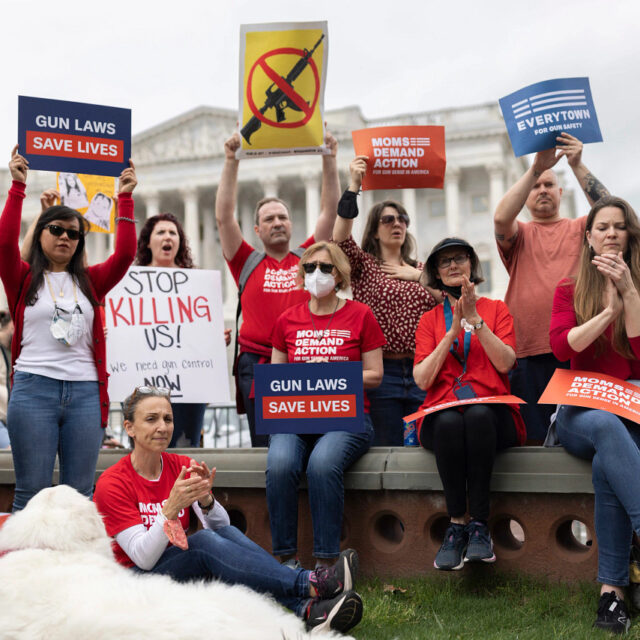Background Checks and North Carolina
Summary
North Carolina has already closed the unlicensed sale loophole for handguns, and authorities regularly stop prohibited purchasers from making illegal gun purchases. North Carolina has been a leader in several other areas relating to firearm background checks, including allowing law enforcement to deny a purchase permit to a person who poses a danger to public safety, and requiring prohibiting mental health records to be submitted to the federal background check system.
Congress should follow North Carolina’s lead and require background checks on all gun sales nationally. Existing loopholes in federal law undermine North Carolina’s background check laws by enabling people in other states who are prohibited from owning guns to take advantage of the thriving market for unlicensed sales, acquire handguns illegally, and use those guns in crimes in North Carolina. As the ongoing COVID-19 pandemic has intensified our country’s gun violence crisis, it’s now more important than ever for Congress to take swift action by passing legislation to require a background check on all gun sales.


